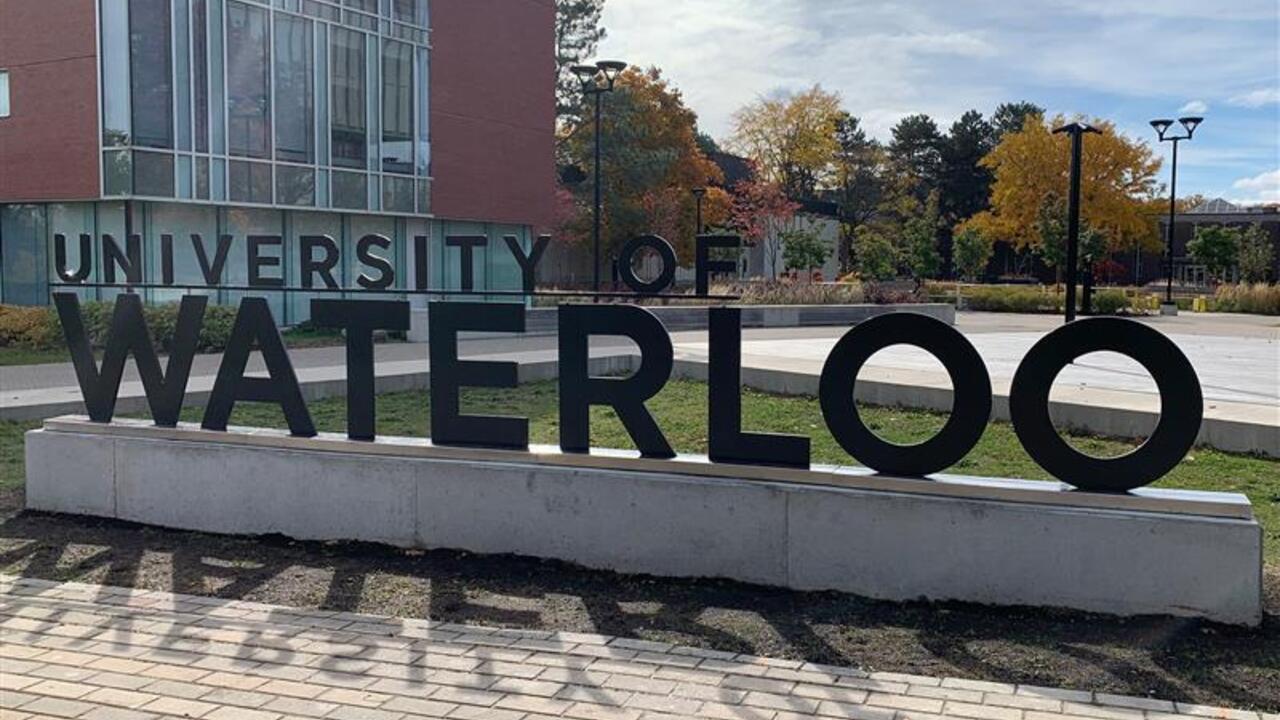
Lower class wiser about interpersonal conflict than middle class
New research from the University of Waterloo finds that lower class populations are wiser than their middle-class counterparts in their ability to reason about interpersonal matters

New research from the University of Waterloo finds that lower class populations are wiser than their middle-class counterparts in their ability to reason about interpersonal matters
By Media RelationsThe study measures wisdom as the ability to be open-minded, intellectually humble and integrate different perspectives on the issue people reflect on. In comparing social classes and their associated wisdom, the study reveals that more affluent regions and individuals, as well as situations reflecting higher social standing are linked with diminished ability to reason wisely.
“This is not surprising when we consider our cultural emphasis on intelligence such as IQ, competency to accomplish tasks independently and the focus on self as opposed to the considerations of others, in the reach for success,” said Igor Grossmann, associate professor of psychology who led the Waterloo research. “As we continue to focus as a society on independence and entitlement among the middle class, we are also inadvertently eroding wisdom and reasoning in favour of a more self-centered population.”
Using large-scale surveys and lab studies, Grossmann and co-author Justin Brienza, who was PhD candidate at Waterloo at the time of the research, were able to build on previous studies that determined that individuals with a lower income are often more sensitive to their environments.
Driven by economic scarcity, these individuals will consider the impact of their decisions on those around them and those with whom they have interdependent relationships. Characteristics of open-mindedness and integrating different perspectives are necessary in order to coordinate with others and share resources.
The present study of social class differences in wise reasoning is specific to interpersonal conflicts and does not suggest class-related differences in the domain of intergroup reasoning, such as within social or political debates.
“Seeing self in the context of interpersonal relationships can be prosperous, as evident in other societies such as China, Korea or Japan” said Grossmann. “To increase cultural prosperity Canadian law and policy makers have the opportunity integrate the wisdom and learning from resilience with which people approach economic adversity.”
Grossmann and Brienza's study appears in the journal Proceedings of the Royal Society B.

Read more
To meet our AI ambitions, we’ll need to lean upon Canada’s unique strengths

Read more
Researchers awarded funding to investigate ecology, climate change, repatriation, health and well-being through cultural and historical lens

Read more
Meet five exceptional Waterloo graduate students crossing the convocation stage as Class of 2025 valedictorians
The University of Waterloo acknowledges that much of our work takes place on the traditional territory of the Neutral, Anishinaabeg, and Haudenosaunee peoples. Our main campus is situated on the Haldimand Tract, the land granted to the Six Nations that includes six miles on each side of the Grand River. Our active work toward reconciliation takes place across our campuses through research, learning, teaching, and community building, and is co-ordinated within the Office of Indigenous Relations.